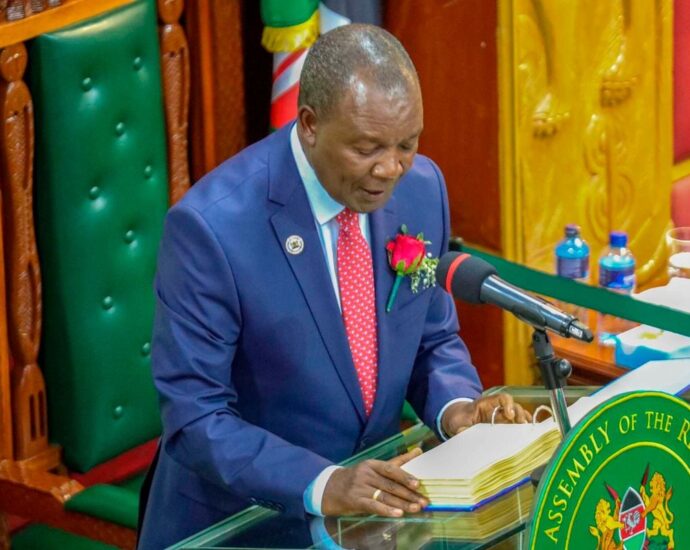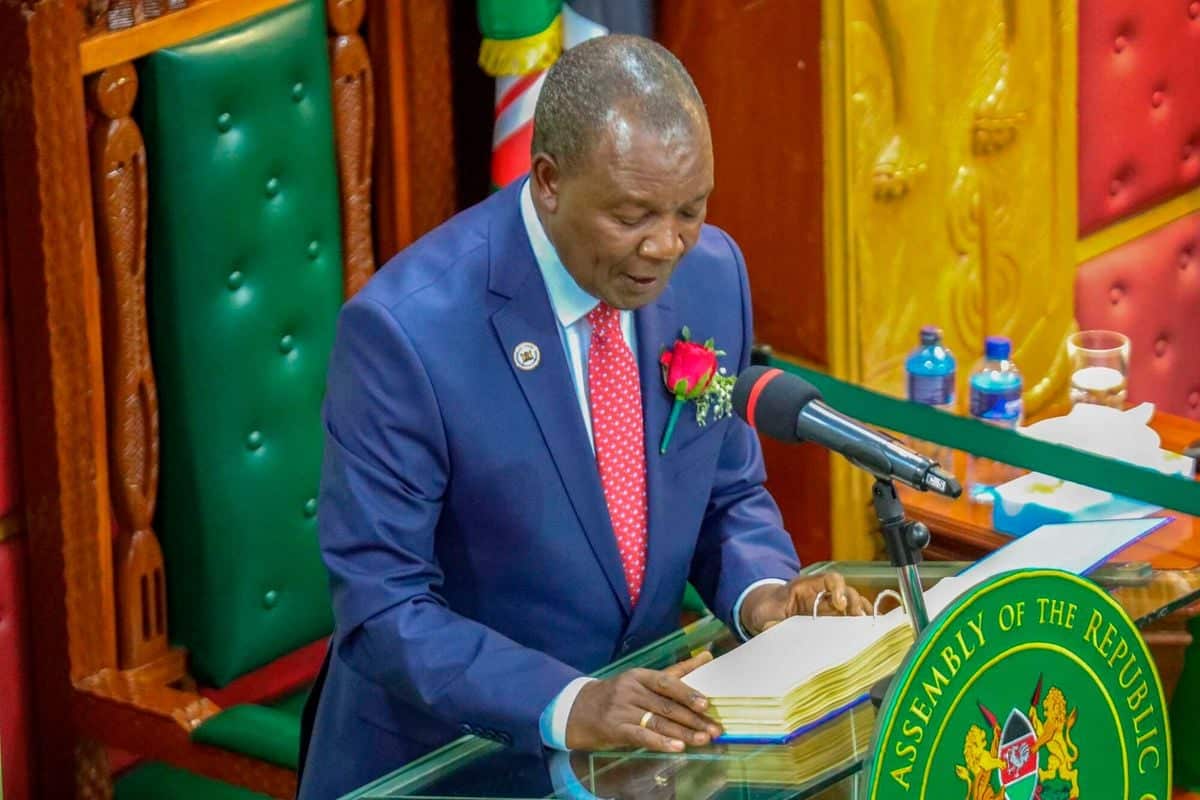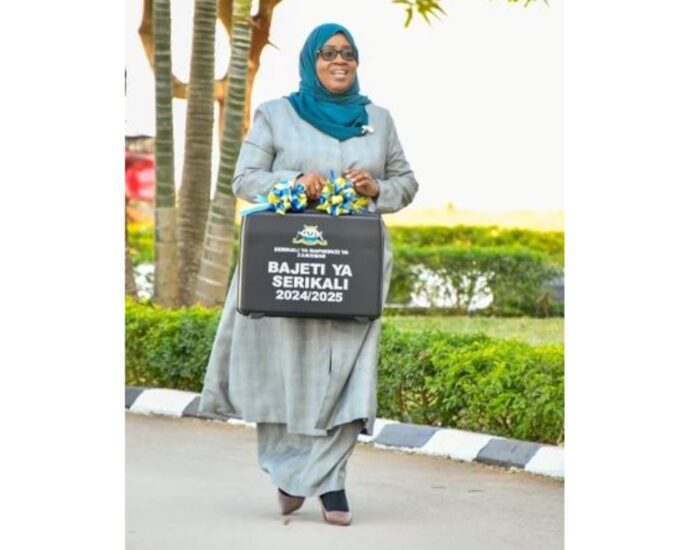Tanzania: Dar Fish Export Increases By 40% in One Year

TANZANIA’S fish export has increased by 41 per cent within one year, thanks to the growing sea products out- put–aquafarming.
The export increased to 41,271 tonnes up to April 2023/24 from 26,466 tonnes in 2022/23.
The Ministry of Livestock and Fisheries, Director of Aquaculture, Dr Nazael Madala, said the increase was pushed by seaweed farming and the strengthening of the management for sea products exports and processing factories.
“The aquafarming played a key role in pushing the exports up particularly sea- weed production,” Dr Madala told Daily News recently.
To maintain the export pace, the ministry will contin- ue to strengthen and scout for more markets for fish products overseas. In the course, the ministry has set a target of exporting some 46,000 tonnes of fish products in 2024/25.
The Minister for Live- stock and Fisheries, Mr Abdallah Ulega, when tabling the ministry’s budget said that the entire export value was 515.78bn/- by April, this year.
Additionally, the minister said in the year under review, the country exported 134,572 live decorative fish down from 150,308 live decorative fish in 2022/23.
Also read:https://dailynews.co.tz/tanzania-wants-africa-to-benefit-from-fisheries/
On the import front, the country imports insignificant fish against what is produced at around 0.003 per cent per year mostly salmon to cater to tourist hotels’ demand.
The Ministry data showed that the country imported merely 12.90 tonnes of fish in this fiscal year to April compared to 6.92 tonnes in 2022/23.
The data shows that the import is a drop of water on the ocean as total fish output stands at 472, 579 tonnes of fish in this fiscal year to April up from 426, 555 tonnes in 2022/23.
The International Center for Living Aquatic Resources Management–Worldfish (ICLARM-W) said the fish consumption rate in the country was not caused by the preferences of consumers as the demand gap for fish has been estimated at roughly 300,000 tonnes which is a substantial amount.
According to (ICLARM- W), the fisheries sector in the country directly provides jobs for about 200,000 people, while 4.5 million people, is approximately 35 per cent of rural employment indirectly depend on fishery activities.
The sector makes up about 1.75 per cent of Tanzania’s gross domestic product (GDP).
Source: allafrica.com




















